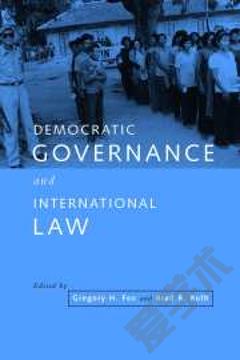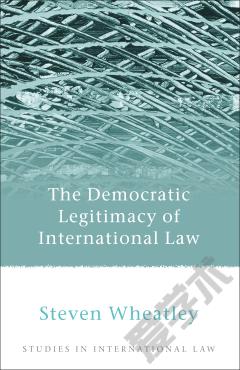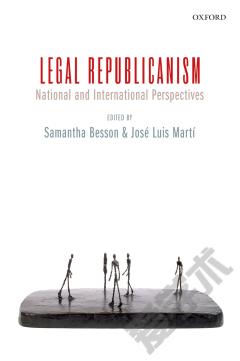Democratic Governance and International Law
Prior to the end of the Cold War, the word 'democracy' was rarely used by international lawyers. Few international organisations supported democratic governance, and the criteria for recognition of governments took little account of whether regimes enjoyed a popular mandate. But the events of 1989–1991 profoundly shook old assumptions. Democratic Governance and International Law attempts to assess international law's new-found interest in fostering transitions to democracy. Is an entitlement to democratic government now emerging in international law? If so, what are its normative foundations? How have global and regional organisations encouraged transitions to democracy, and are their efforts consistent with their constitutional frameworks? How should international law react to elections in which profoundly anti-democratic parties win the vote? In this volume, leading legal scholars grapple with these and other questions to assess the future of international law on this most domestic of questions.
{{comment.content}}








 京公网安备 11010802027623号
京公网安备 11010802027623号